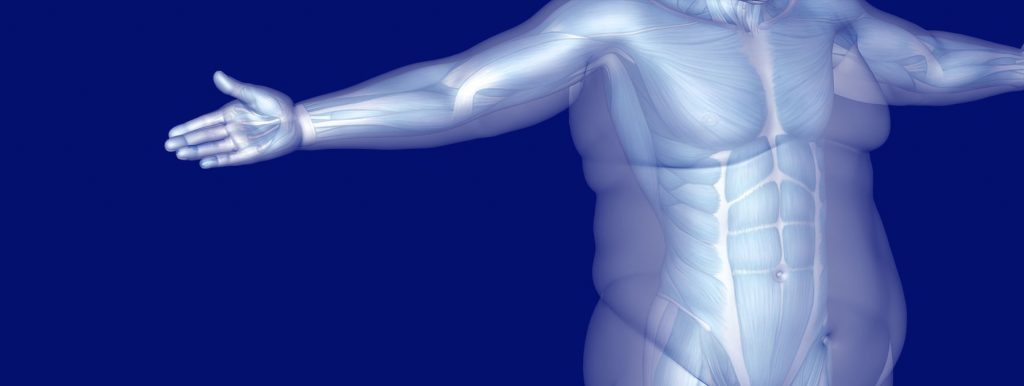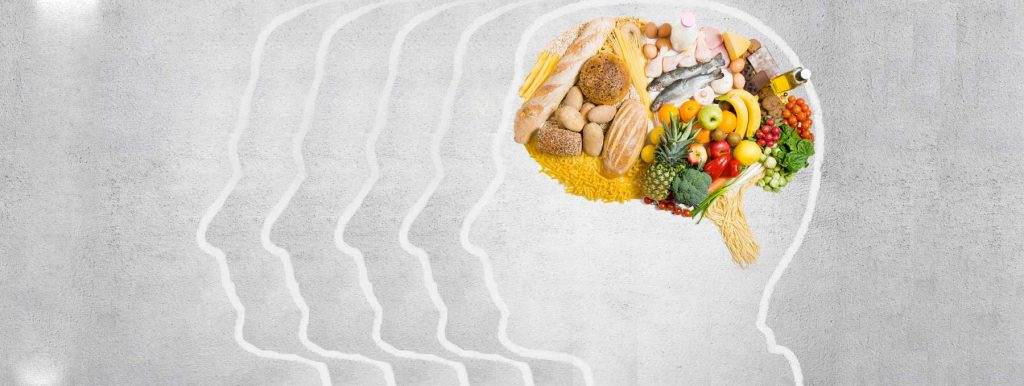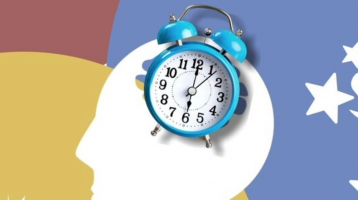Many diet experts recommend eating small meals throughout the day as a method of weight loss. However, research suggests this is the wrong approach. With over half of American adults overweight or obese, diet and weight loss are huge industries in the United States and across the world. A wealth of often-conflicting information is offered […]Many diet experts recommend eating small meals throughout the day as a method of weight loss. However, research suggests this is the wrong approach. With over half of American adults overweight or obese, diet and weight loss are huge industries in the United States and across the world. A wealth of often-conflicting information is offered [...]
A New Study Delves Into How Blue Light Affects Your Metabolism
New research suggests that blue light in the evening may have an adverse effect on how glucose is metabolized by the body. The prevalence of diabetes and other metabolic disease has been steadily increasing in the past few decades. Around half of adults in the United States have diabetes or its precursor pre-diabetes and numbers continue to […]New research suggests that blue light in the evening may have an adverse effect on how glucose is metabolized by the body. The prevalence of diabetes and other metabolic disease has been steadily increasing in the past few decades. Around half of adults in the United States have diabetes or its precursor pre-diabetes and numbers continue to [...]
The Positive Effects of Time-Restricted Feeding
Many people in the Western world try to lose weight by restricting their number of calories. New studies suggest that time restricted feeding may be more effective. Obesity is a growing problem in the Western world and one of the leading causes of medical costs. While many people eventually find ways to lose weight, an […]Many people in the Western world try to lose weight by restricting their number of calories. New studies suggest that time restricted feeding may be more effective. Obesity is a growing problem in the Western world and one of the leading causes of medical costs. While many people eventually find ways to lose weight, an [...]
The Genetic Link Between Sleep Deprivation and Metabolic Disorders: Translin
A new study has identified the gene that may be the missing link between sleep deprivation and metabolic disorders. Scientists have long known that there is a link between poor sleep and disorders of the metabolic system such as obesity and type 2 diabetes. Studies have indicated that some people are more susceptible to the endocrine-crushing effects […]A new study has identified the gene that may be the missing link between sleep deprivation and metabolic disorders. Scientists have long known that there is a link between poor sleep and disorders of the metabolic system such as obesity and type 2 diabetes. Studies have indicated that some people are more susceptible to the endocrine-crushing effects [...]
New Study Links Sleep Deprivation and Junk Food Cravings
A new study has found sleep deprivation enhances cravings for junk food, possibly explaining the link between obesity and insomnia. Many people are familiar with the term “munchies,” describing the increase in appetite when one uses marijuana or cannabis products. According to new research, a lack of sleep may set off similar behavior, leading to […]A new study has found sleep deprivation enhances cravings for junk food, possibly explaining the link between obesity and insomnia. Many people are familiar with the term "munchies," describing the increase in appetite when one uses marijuana or cannabis products. According to new research, a lack of sleep may set off similar behavior, leading to [...]
- « Previous Page
- 1
- …
- 22
- 23
- 24
- 25
- 26
- …
- 28
- Next Page »









